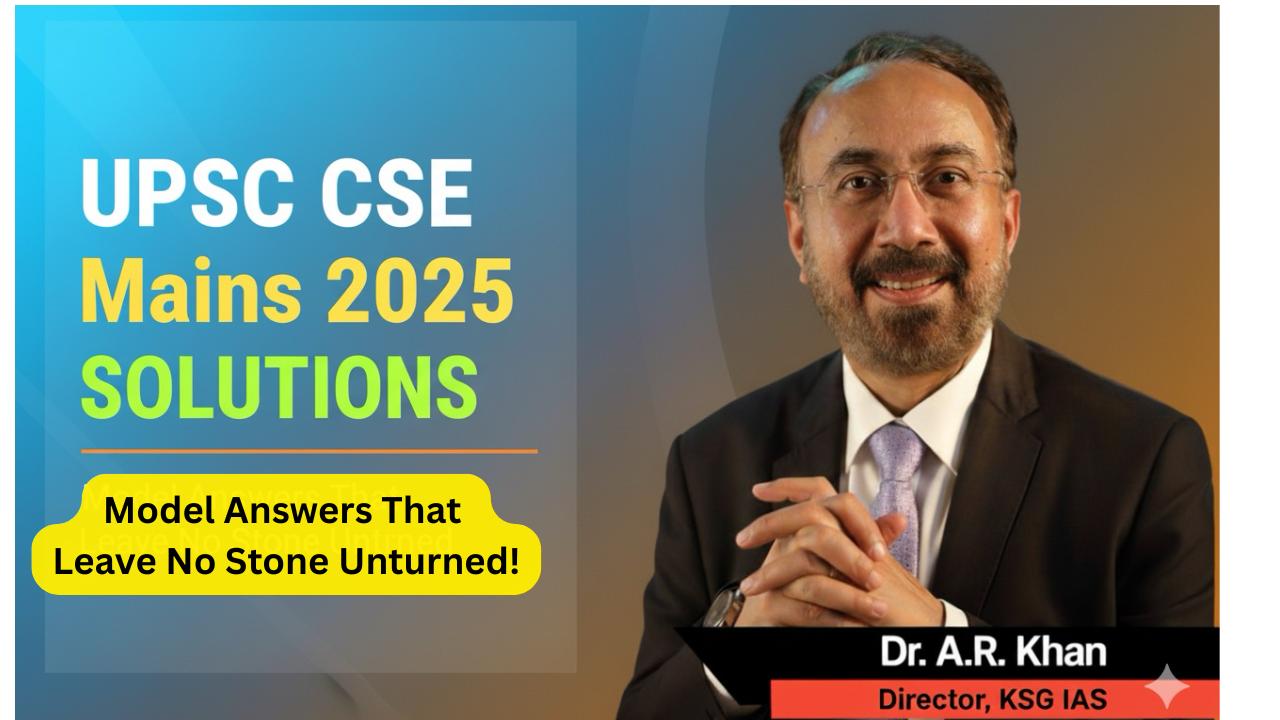Q20 . “The reform process in the United Nations remains unresolved, because of the delicate imbalance of East and West and entanglement of the USA vs. Russo–Chinese alliance.” Examine and critically evaluate the East–West policy confrontations in this regard.
Possible Introductions
Contextual:
Calls for reform of the United Nations — especially the Security Council — have intensified since the end of the Cold War, but remain unresolved due to great-power rivalries between the Western bloc led by the USA and the Russo–Chinese alliance.
Fact-based:
Despite 30+ years of debate on expansion of UNSC membership (G4: India, Germany, Japan, Brazil), reforms are stalled, with the P5 veto system blocking progress.
Philosophical:
The UN was created to maintain collective security, but today it is itself hostage to power politics, reflecting the same East–West divisions it was meant to overcome.
Main Body
1. Why UN Reform Remains Unresolved
-
- Veto Power Politics: P5 resist changes that may dilute their privileges.
- Bloc Confrontations: US and allies favour expansion (with conditions); Russia–China resist dilution of their veto dominance.
- Regional Rivalries: African Union, G4, Uniting for Consensus (Italy, Pakistan, etc.) divide reform lobbies.
- Institutional Inertia: Amendments require 2/3 of UNGA + ratification by all P5.
2. East–West Policy Confrontations
(a) Western Bloc (US + Allies)
-
- Advocates selective reform — support for Japan, Germany (strategic allies).
- Uses UN as a tool to legitimise interventions (Iraq 2003, Libya 2011).
- Pushes liberal agendas: human rights, democracy, R2P (Responsibility to Protect).
(b) Russo–Chinese Bloc
-
- Seeks to preserve status quo to avoid dilution of power.
- Veto reforms seen as undermining sovereignty → frequent vetoes on Syria, Ukraine.
- Oppose Western-led interventions; accuse West of politicising UN on human rights.
- Advocate multipolarity & “non-interference.”
3. Current Flashpoints Illustrating Confrontation
-
- Ukraine War (2022–present): US-led West: sanctions, resolutions condemning Russia. Russia vetoed UNSC resolutions; China abstained.
- Middle East (Syria, Gaza): US vetoes ceasefire resolutions critical of Israel. Russia–China veto resolutions perceived as undermining Assad.
- Climate Security Debate: West: climate change as security threat. China–Russia: keep climate in development fora, not UNSC.
- UN Human Rights Council: West pushes accountability mechanisms; Russia–China accuse of “selective targeting.”
4. Critical Evaluation
-
- Structural Deadlock: UN reflects WWII power realities, not 21st century multipolarity.
- Instrumentalisation: Both blocs use UN for power projection, not collective security.
- Global South Marginalisation: Africa, Latin America, India excluded from permanent UNSC membership despite demographic & economic weight.
- Erosion of Legitimacy: Frequent veto use paralyses UNSC, undermining trust in UN system.
- Selective Morality: Both blocs apply principles selectively (e.g., West on Israel, Russia on Ukraine).
Sweet Spot – Table
| Issue | US/Western Bloc | Russo–Chinese Bloc | Impact on UN Reform |
| UNSC Expansion | Support allies (Japan, Germany) | Resist expansion (esp. Japan, India) | Stalemate |
| Interventions | Liberal interventionism (Iraq, Libya) | Non-interference (Syria, Ukraine) | Norm clashes |
| Human Rights | Emphasis on R2P, democracy | Sovereignty, state control | Deadlock |
| Climate & Security | Elevate to UNSC | Keep in UNFCCC/GA | Fragmentation |
Possible Conclusions
Balanced:
UN reform is blocked because the organisation has become a battleground of East–West rivalries, rather than a forum for global consensus.
Policy-linked:
India and the Global South must push for democratisation of UNSC through G4–AU cooperation to break P5 dominance.
Philosophical:
As Boutros Boutros-Ghali observed, “The UN can be no more effective than the will of its members.” Reform requires political will, not just procedural negotiations.
Forward-looking:
Unless the East–West confrontations are bridged, the UN risks becoming irrelevant, with parallel institutions (BRICS, QUAD, G20) taking over its role in global governance.

